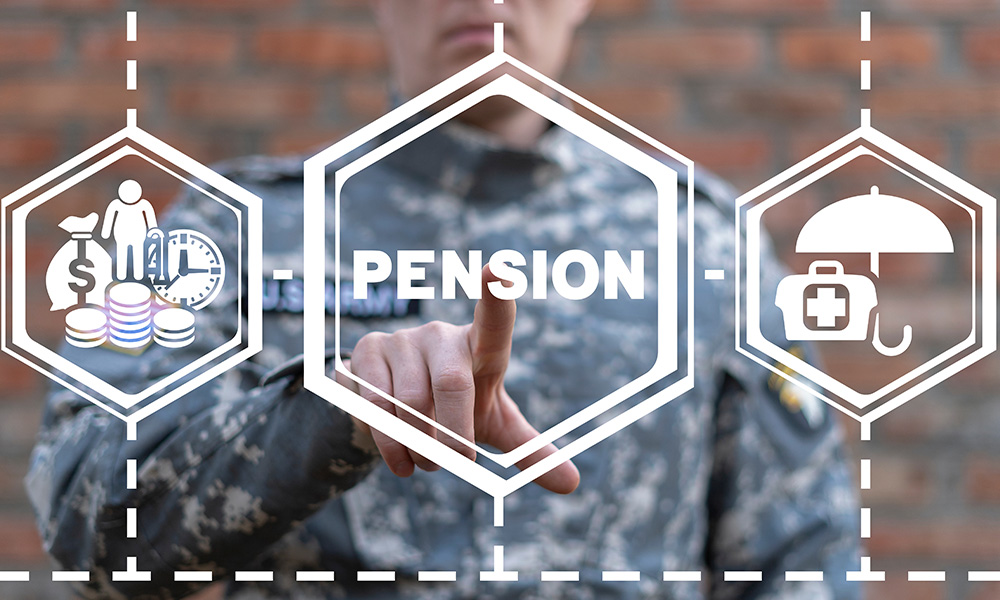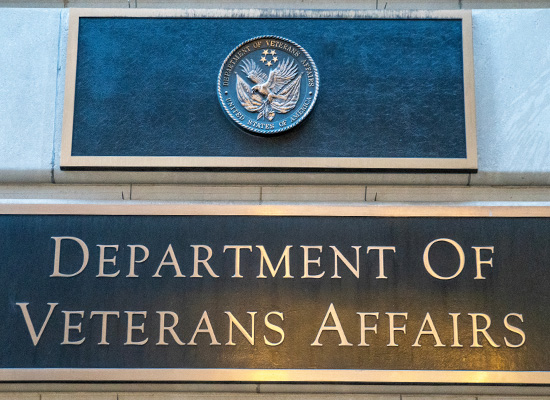 Contact
About Us
Articles
Home
Contact
About Us
Articles
Home

Veterans have unique opportunities and considerations when it comes to retirement income planning. The benefits earned through military service can provide a solid foundation for financial security in retirement, but it's crucial to understand how to maximize these benefits and integrate them into a comprehensive retirement strategy. This article examines the key elements of retirement income planning for veterans, including pensions, disability compensation, health care options and other valuable benefits.
Veterans have access to a range of retirement benefits that can significantly impact their financial well-being in their golden years. These benefits, provided by the Department of Veterans Affairs (VA) and other federal agencies, can form the cornerstone of a robust retirement income plan.
For veterans who served 20 years or more on active duty, a military retirement pension is a valuable source of guaranteed income. The pension amount is based on years of service and final base pay. Veterans who entered service before January 1, 2018, are typically covered under the legacy High-3 system, while those who joined after that date fall under the Blended Retirement System (BRS).
The BRS combines a reduced pension with government contributions to the Thrift Savings Plan (TSP), similar to a 401(k). This system provides more flexibility and portability for service members who may not serve a full 20-year career.

Veterans with service-connected disabilities may be eligible for tax-free monthly compensation. The amount varies based on the severity of the disability, rated from 10% to 100%. This compensation can provide a significant boost to retirement income and is not subject to means testing.
Low-income wartime veterans age 65 or older, or those permanently and totally disabled, may qualify for a VA pension. This needs-based benefit can supplement other income sources to help veterans meet basic financial needs in retirement.
Health care costs are a major concern for retirees, but veterans have unique options that can help mitigate these expenses. Eligible veterans can receive comprehensive health care through the VA system, often at little to no cost. This can include primary care, specialty services, mental health treatment and prescription drug coverage. Enrolling in VA health care can significantly reduce out-of-pocket medical expenses in retirement.
Veterans approaching age 65 must decide whether to rely solely on VA health care or to also enroll in Medicare. While VA health care is comprehensive, Medicare can provide additional coverage and access to non-VA providers. Many veterans choose to enroll in Medicare Part B to ensure broader coverage options, even if they primarily use VA facilities.

Beyond pensions and health care, veterans have access to several other benefits that can enhance their retirement security and quality of life. These include:
Creating a comprehensive retirement income plan requires careful consideration of all available resources and potential income streams. For veterans, this means effectively integrating military benefits with other retirement savings and income sources.
Start by calculating the total guaranteed income available in retirement. This typically includes:
These guaranteed income sources form the foundation of a retirement income plan and can help cover essential expenses.
Next, consider income from retirement savings accounts such as:
Determine a sustainable withdrawal rate from these accounts to supplement guaranteed income sources.
You’ll also need to consider tax implications. Many veterans benefits, such as VA disability compensation and certain pension payments, are tax-free. This can provide significant advantages in retirement income planning. Consider how to optimize withdrawals from taxable and tax-free accounts to manage overall tax liability in retirement.
Planning for health care costs is another important step in the process. Factor in potential health care expenses and how VA benefits can help offset these costs. Consider whether additional coverage through Medicare or supplemental insurance is necessary to meet your health care needs.
For veterans seeking to enhance their retirement income, consider strategies such as:
When developing a retirement income plan, veterans should keep several important factors in mind. Those factors include:

Understanding veteran benefits and retirement planning can be challenging. Fortunately, several resources are available to assist veterans:
Retirement income planning for veterans requires a thorough understanding of available benefits and how to integrate them into a comprehensive financial strategy. By leveraging military pensions, VA disability compensation, health care benefits and other veteran-specific programs, former service members can build a secure and comfortable retirement.
The key to successful retirement planning for veterans lies in taking a holistic approach that considers all aspects of financial well-being, from guaranteed income sources to health care costs and estate planning. By carefully assessing their unique benefits and circumstances, veterans can create retirement income plans that provide financial security and peace of mind for themselves and their families.
As you approach retirement, consider seeking professional guidance to ensure you're maximizing your veteran benefits and making informed decisions about your financial future. With proper planning and utilization of available resources, veterans can enjoy a retirement that honors their service and provides the financial stability they deserve.
Alliance America is an insurance and financial services company dedicated to the art of personal financial planning. Our financial professionals can assist you in maximizing your retirement resources and achieving your future goals. We have access to an array of products and services, all focused on helping you enjoy the retirement lifestyle you want and deserve. You can request a no-cost, no-obligation consultation by calling (833) 219-6884 today.


